Introduction: Laundry detergents play a crucial role in our daily lives, as they are an essential component in maintaining cleanliness and hygiene. With increasing awareness about environmental sustainability and the demand for effective cleaning solutions, the laundry detergent industry has witnessed significant growth. In this article, we will explore the dynamics of the laundry detergent market, its major players, and the trends shaping its future. 1. Market Size and Growth: The global laundry detergent market has experienced steady growth in recent years. According to a report by Grand View Research, the industry is projected to reach a value of $205.2 billion by 2025, with a compound annual growth rate (CAGR) of 4.6% during the forecast period. The rising population, urbanization, and increasing disposable income have driven the demand for laundry detergents across the globe.
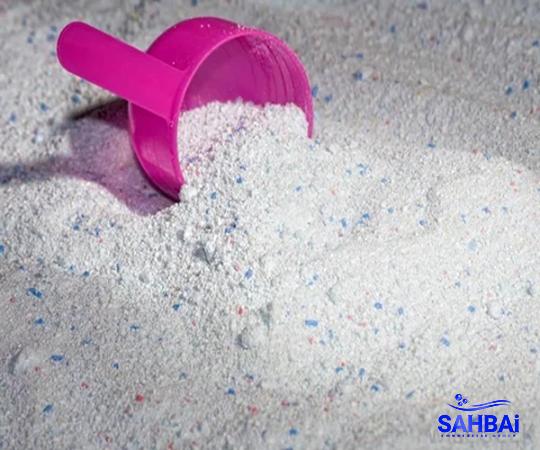
.
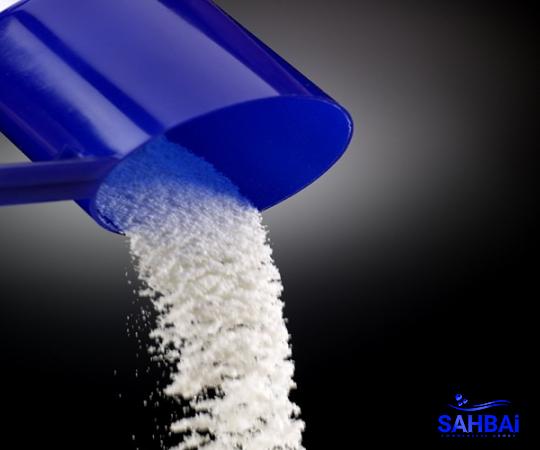 2. Market Segmentation: The laundry detergent market can be segmented based on product type, distribution channel, and region. Product types include liquid detergents, powdered detergents, and detergent tablets. Liquid detergents hold the largest market share due to their ease of use and effectiveness in removing stains. In terms of distribution channels, supermarkets and hypermarkets dominate, followed closely by online retail platforms. Geographically, Asia Pacific leads the market, accounting for the largest revenue share. 3. Key Players: Several prominent players dominate the laundry detergent industry. Procter & Gamble, Unilever, Henkel AG & Co. KGaA, and Church & Dwight Co., Inc. are the market leaders, accounting for a significant portion of the market share.
2. Market Segmentation: The laundry detergent market can be segmented based on product type, distribution channel, and region. Product types include liquid detergents, powdered detergents, and detergent tablets. Liquid detergents hold the largest market share due to their ease of use and effectiveness in removing stains. In terms of distribution channels, supermarkets and hypermarkets dominate, followed closely by online retail platforms. Geographically, Asia Pacific leads the market, accounting for the largest revenue share. 3. Key Players: Several prominent players dominate the laundry detergent industry. Procter & Gamble, Unilever, Henkel AG & Co. KGaA, and Church & Dwight Co., Inc. are the market leaders, accounting for a significant portion of the market share.
..
 These companies invest heavily in research and development to develop innovative detergent formulations and sustainable packaging solutions to meet consumer demands. 4. Trends Shaping the Future: a) Environmentally Friendly Products: As consumers become more conscious of their environmental footprint, there is a growing demand for eco-friendly laundry detergents. Manufacturers are responding by investing in eco-friendly formulations, using plant-based ingredients, and reducing packaging waste. b) Smart Detergents: In a technologically advanced world, smart laundry detergents are gaining traction. These detergents are integrated with sensors and artificial intelligence, allowing users to optimize washing cycles, save water, and reduce energy consumption. c) Online Sales and Subscription Models: E-commerce platforms have witnessed a surge in the sale of laundry detergents.
These companies invest heavily in research and development to develop innovative detergent formulations and sustainable packaging solutions to meet consumer demands. 4. Trends Shaping the Future: a) Environmentally Friendly Products: As consumers become more conscious of their environmental footprint, there is a growing demand for eco-friendly laundry detergents. Manufacturers are responding by investing in eco-friendly formulations, using plant-based ingredients, and reducing packaging waste. b) Smart Detergents: In a technologically advanced world, smart laundry detergents are gaining traction. These detergents are integrated with sensors and artificial intelligence, allowing users to optimize washing cycles, save water, and reduce energy consumption. c) Online Sales and Subscription Models: E-commerce platforms have witnessed a surge in the sale of laundry detergents.
…
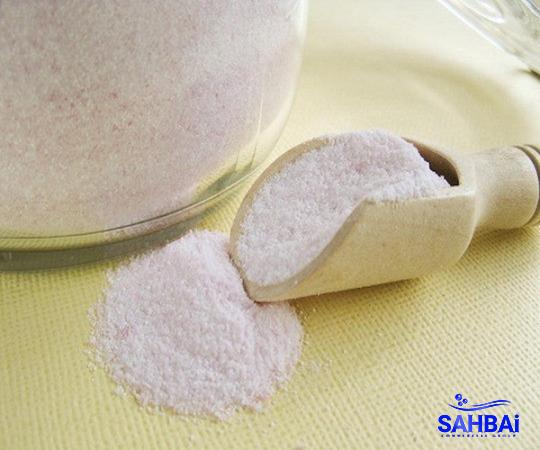 With the convenience of doorstep delivery, customizable subscription models, and competitive pricing, online sales are expected to grow significantly in the future. d) Concentrated Products: Concentrated laundry detergents, which require smaller doses to achieve the desired cleaning results, are gaining popularity. These products offer transportation and storage benefits while reducing packaging waste. Conclusion: The laundry detergent industry is a thriving sector, driven by the increasing demand for effective cleaning solutions and the growing awareness of environmental sustainability. As consumers seek convenience, eco-friendly options, and technological advancements, manufacturers continue to innovate and meet these demands. With a bright future ahead, the laundry detergent market presents lucrative opportunities for both established companies and new entrants.5. Challenges and Opportunities: Although the laundry detergent industry holds immense potential, it is not without its challenges. One significant challenge faced by manufacturers is the increasing competition from private label brands and local players.
With the convenience of doorstep delivery, customizable subscription models, and competitive pricing, online sales are expected to grow significantly in the future. d) Concentrated Products: Concentrated laundry detergents, which require smaller doses to achieve the desired cleaning results, are gaining popularity. These products offer transportation and storage benefits while reducing packaging waste. Conclusion: The laundry detergent industry is a thriving sector, driven by the increasing demand for effective cleaning solutions and the growing awareness of environmental sustainability. As consumers seek convenience, eco-friendly options, and technological advancements, manufacturers continue to innovate and meet these demands. With a bright future ahead, the laundry detergent market presents lucrative opportunities for both established companies and new entrants.5. Challenges and Opportunities: Although the laundry detergent industry holds immense potential, it is not without its challenges. One significant challenge faced by manufacturers is the increasing competition from private label brands and local players.

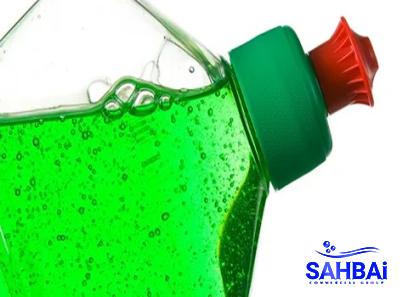



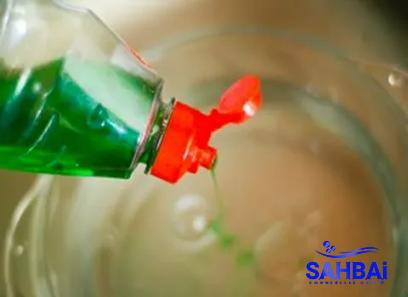
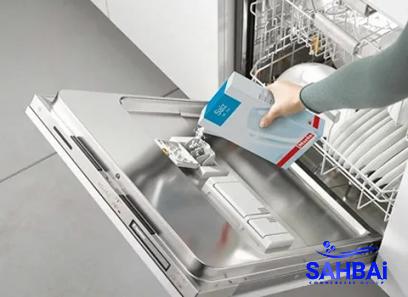




Your comment submitted.